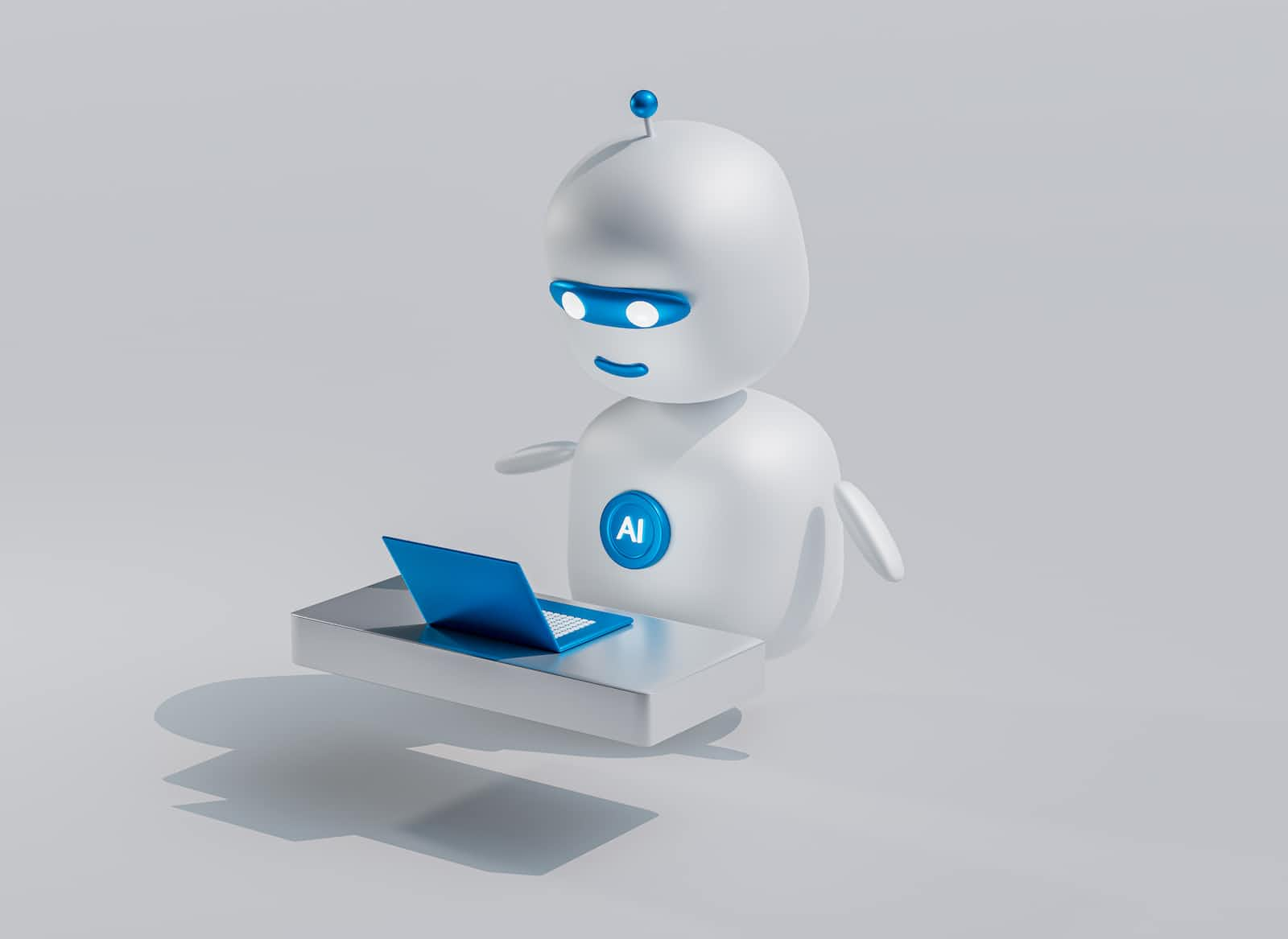Part 1: History of AI
 Siddhesh Prabhugaonkar
Siddhesh Prabhugaonkar
Introduction
Welcome to the first part of our comprehensive three-part series on Artificial Intelligence (AI). In the first part, we embark on a captivating journey through the intriguing history of AI, unearthing its origins, extraordinary stories, important figures, significant milestones, controversies, and fascinating facts that have collectively woven the tapestry of this transformative field.
Birth of AI
Artificial Intelligence, or AI, finds its roots in the fertile soil of the mid-20th century when visionary computer scientists and mathematicians began to explore the audacious idea of creating machines that could replicate human intelligence. A pivotal figure in this narrative is Alan Turing, whose legendary work during World War II in deciphering the German Enigma machine's codes laid the cornerstone for modern computing.
Turing's groundbreaking 1950 paper, "Computing Machinery and Intelligence," introduced the notion of the Turing Test—an evaluation method for machines' ability to exhibit human-like intelligence. Turing's visionary outlook didn't stop there; he once mused that machines could simulate a child's mind to learn and adapt, a precursor to the eventual development of machine learning and neural networks.
In 1956, John McCarthy, often referred to as the "Father of AI," orchestrated the Dartmouth Workshop, a historic gathering where the term "Artificial Intelligence" was first coined. This event marked the formal inception of AI as a distinctive field of research.
Defining AI
Defining AI is no small feat. It encompasses a vast spectrum of technologies that empower machines to execute tasks traditionally requiring human intelligence. These tasks encompass problem-solving, decision-making, language comprehension, and pattern recognition. However, AI's goal isn't to engender sentient beings; rather, it strives to replicate specific cognitive functions. Nevertheless, AI encounters its fair share of challenges and limitations, such as the need for substantial data and the intricate realm of human emotions.
Key Milestones
AI's history is punctuated by transformative moments:
The 1950s and 1960s witnessed the emergence of early AI programs like the Logic Theorist and the General Problem Solver, capable of tackling mathematical and logical conundrums.
The 1970s marked the advent of expert systems, enabling machines to mimic human decision-making within specialized domains. Notable instances include Dendral (for chemistry) and MYCIN (for medical diagnosis).
The 1980s ushered in advancements in rule-based systems and knowledge representation, enhancing AI's capacity to process information.
The 1990s celebrated progress in machine learning techniques, spanning decision trees, neural networks, and Bayesian networks.
Perhaps one of the most iconic moments occurred in 1997, when IBM's Deep Blue, a chess-playing computer, astonishingly triumphed over the reigning world chess champion, Garry Kasparov. This monumental victory underscored the potential of brute-force computing and AI's prowess. This event served as the inspiration for the documentary film titled "Game Over: Kasparov and the Machine."
Starting in 2015, AlphaGo, along with its different versions, accomplished an impressive feat by outperforming professional Go players. Winning in Go is particularly challenging for computers compared to games like chess due to the game's strategic complexity and aesthetic qualities. Constructing an evaluation function directly for Go is challenging because of its unique nature. Additionally, the game's vast number of possible moves (branching factor) makes it exceedingly difficult to apply traditional AI techniques effectively.
The 21st century ushered in a renaissance of AI, powered by the availability of vast datasets and increased computing prowess. Notable events include IBM's Watson triumphing in Jeopardy! and the rise of autonomous vehicles, which underscored AI's boundless potential.
Notable Figures
The annals of AI history are graced with influential figures who have left an indelible mark. Among them, Marvin Minsky and John McCarthy stand tall as the founders of the MIT AI Lab. Herbert Simon and Allen Newell, renowned for the Logic Theorist and the General Problem Solver, played a pivotal role in the early AI landscape. Ray Kurzweil is celebrated for his contributions to speech recognition and AI's profound impact on society.
AI in Media
AI's allure has not been limited to academic circles; it has captivated the realms of literature and film. Isaac Asimov's iconic Robot series introduced the Three Laws of Robotics, which continue to influence discussions on AI ethics.
The 1983 film "WarGames" found its place in pop culture by portraying a young hacker inadvertently triggering an AI system designed to simulate nuclear war, leading to profound ethical questions about AI control. This film, alongside Isaac Asimov's thought-provoking Robot series, catalyzed discussions on AI ethics.
Stanley Kubrick's "2001: A Space Odyssey" gifted us the character of HAL 9000, a compelling AI entity that provocatively probed the potential perils of artificial intelligence.
Conclusion
The history of AI is an absorbing narrative of human ingenuity and technological progress. It has evolved from abstract concepts to practical applications that profoundly influence nearly every facet of our lives. As we proceed in this series, we will explore the subfields of AI, including Machine Learning (ML), Natural Language Processing (NLP), Deep Learning, and Neural Networks, each of which has significantly contributed to AI's transformative impact on various industries. Stay tuned as we delve deeper into the AI landscape in the subsequent parts of this series.
Subscribe to my newsletter
Read articles from Siddhesh Prabhugaonkar directly inside your inbox. Subscribe to the newsletter, and don't miss out.
Written by

Siddhesh Prabhugaonkar
Siddhesh Prabhugaonkar
I'm Siddhesh, a Microsoft Certified Trainer and cloud architect. As an instructor at Pluralsight, I'm dedicated to providing top-notch educational content. I share my expertise in Microsoft .NET, Azure, cloud technologies, certifications, and the latest in the tech world through various channels, including YouTube, online courses, blogs, and newsletters. Stay informed and up-to-date by subscribing to my newsletter at Cloud Authority.